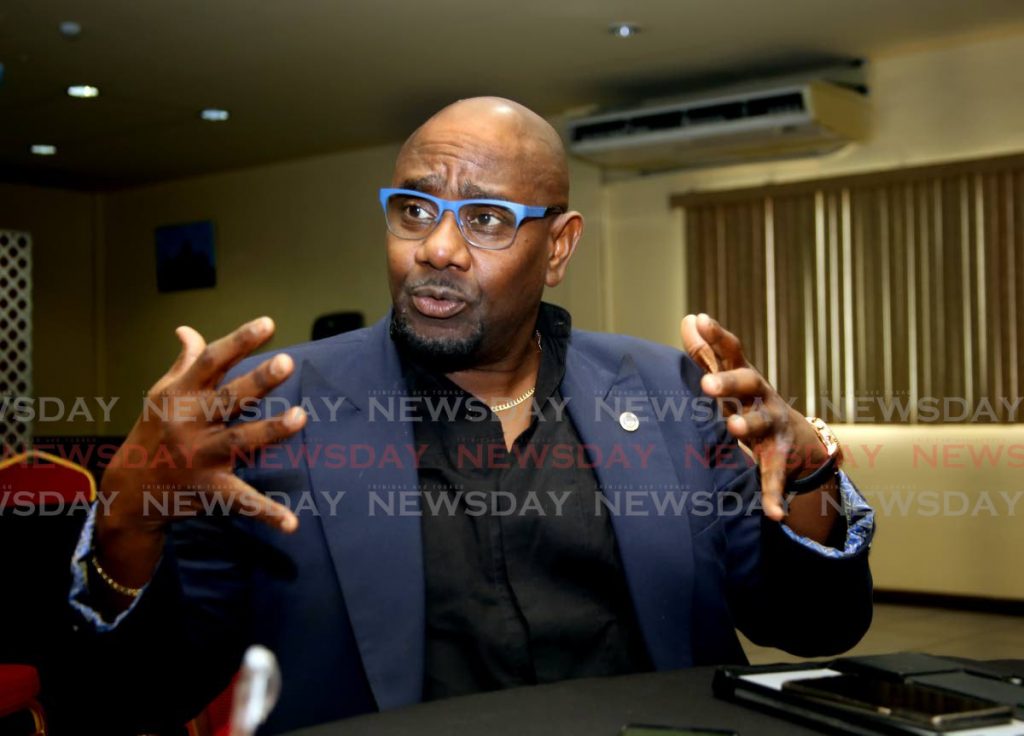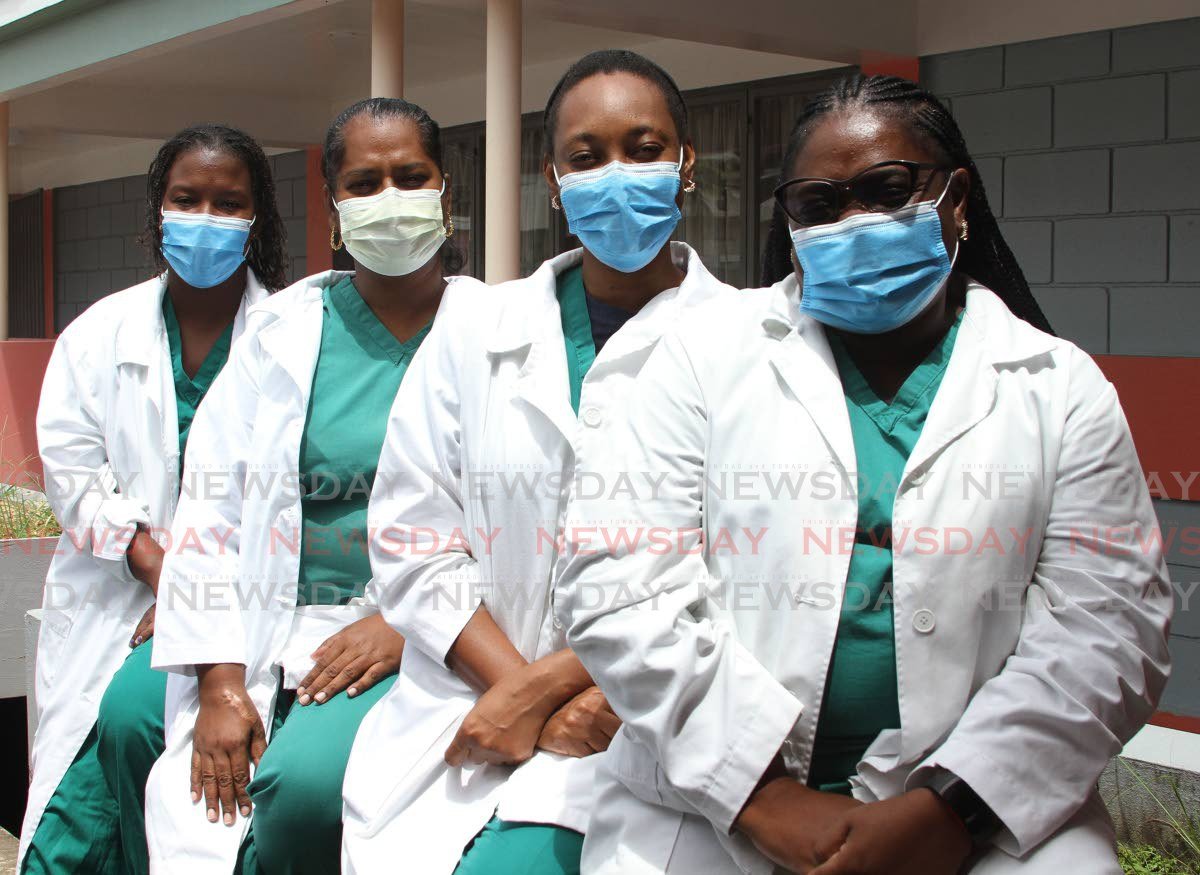NCRHA CEO: We are hiring more nurses

North Central Regional Health Authority (NCRHA) CEO Davlin Thomas on Saturday said the exponential increase in covid19 cases in the virus’ second wave in TT has resulted in a shortage of medical professionals in the parallel health care system.
The RHA has, therefore, been on a hiring and training drive, especially for nurses.
Responding to some of the issues brought up by nurses in the parallel system, Thomas said one of the biggest issue was the ratio of ICU (intensive care unit) nurses for patients. He said nurses were only supposed to be in the “hot zone,” areas dedicated to covid19 patients, for four hours but because of the staff shortage they have to stay for longer periods during their shifts.
The NCRHA is attempting to double up on staff. He said in the last few months about 700 doctors and nurses went through “intense” ICU training, and at least 60 nurses were hired in the last two weeks. Also hired in the past week were approximately 100 patient escorts.
“One of the reasons the Prime Minister and the Minister of Health have been advocating for people to adhere to the guidelines is because, throughout the world, it’s a race between the increase in resources and the increase in patients. And that’s an ongoing battle.”
Interviews for new nurses were conducted up to Friday and expect to bring in more during the weekend.
One nurse complained to Sunday Newsday about doctors being unwilling to go into hot zones for extended periods of time.
She said, “They (doctors) see it fit to only come into the hot zone when they deem it necessary. So anything that they want to find out about the patient, they ask the nurse outside instead of actually coming in which delays the nurse who has her own nursing duties to fulfill. The time stated to be in the hot zone is usually four hours which does not happen as we are usually in the hot zone six to eight hours straight with no food, water, or bathroom breaks whilst doctors tend to the notes in the cold zone most, if not all, of their shift.”
Thomas said there are doctors engaging the hot zones, and around 30 were trained in critical care support in the past six months.
However, he said, in any hospital setting, nurses were the ones who spend the most time with patients while doctors made their rounds. So nurses would traditionally be the ones most exposed to patients. Yet, he said he would investigate the reports.
“I knew, as a health service provider, when I took up the job as CEO, the my job of protecting people continues while they are sleeping, whether they know that or not. And doctors, nurses, patient escorts, they know that. Sometimes we complain but we know that we are here to battle on the frontlines. It’s what we do.”
At the same time he said the NCRHA management was trying to avoid burn out, which was they are hiring as many people as possible.
Thomas stressed that good sense by individuals in the community was what would help keep the balance between the resources and the spread of the disease.
“You can’t hold a fete, you can’t hold a birthday party, you can’t party in private. You can’t not wear masks and hug up all over the place and then come into the system and burden it even more than it is currently.”
Another nurse complained that the quality of the personal protective equipment (PPE), specifically the implementation of the use of surgical gowns and masks, had declined since the first wave. However, Thomas said the PPE was up to standard with international regulations.
“When the virus initially came out, remember they were using N95 masks for every single situation. And then, as the virus progressed throughout the world, a lot of the regulations and guidelines started to become clearer and more refined. So it’s not that the PPE has deteriorated, but we’re now wearing (PPE) specific to the strict guidelines of the WHO (World Health Organisation).”
He added that before covid19 there were other contagious diseases such as HIV/AIDS and Hepatitis B, and surgical gowns were worn by doctors to protect them from contracting those diseases. Therefore, he said the gowns would protect the nurses. He stressed that their safety was not being taken lightly.
Thomas said a number of doctors and nurses contracted the disease but none got it from working with patents because of the strict infection prevention and control measures. Instead, they got the virus in their communities and then brought it into the RHA.
To mitigate that, the RHA put several measures in place including shuttling doctors and nurses without vehicles to and from their homes and work. Also recently, the covid19 staff were being supplied with breakfast, lunch, and dinner.
He said the NCRHA realised the kind of pressures the staff have and so recently, psychiatrists, psychologists, liaisons from the HR, Quality, and communications departments, started to engage with the staff to “extract” problems and treat with them.
In that vein, on Friday, a programme was started to formalise an employee/employer care partnership.



Comments
"NCRHA CEO: We are hiring more nurses"